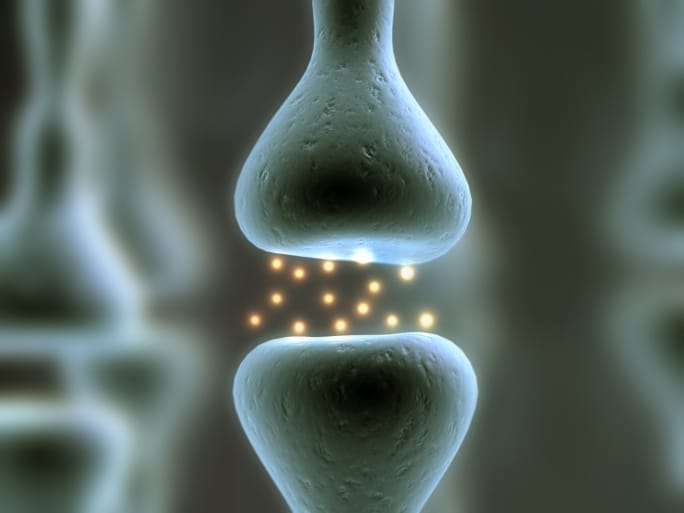One question executives could ask themselves is whether they are as mindfully aware and in control of their decisions as they think they are. Specific brain chemistry at the time of their decisions could be making all the difference.
In the past, brain science provided limited insights for leaders about their decision-making capacity. Those of us in social science looking for practical applications had limited options for discovery. But much has changed.
One study I conducted in 1980 used an electroencephalograph, a device that produces a record of brain activity using electrodes placed on the scalp to monitor the electrical activity of different parts of the brain. I was testing how meditation would influence brain wave coherence in the left and right hemispheres.
Such tools seem primitive compared with current methods available to investigate how neurotransmitters—chemicals carrying messages between nerve cells and muscles—can influence behavior and, subsequently, decisions.
Decision-making capacity is fundamental to strong leadership. Whether we speak about strategic or operational decisions, there are inherent dilemmas in decision-making, as I wrote about in The Coachable Leader. One successful CEO I worked with for six years put it to me this way:
“Strategically speaking, I really only make five to 10 major decisions a year, but they better be the right decisions, made for the right reasons and made the right way,” he said. “My personal bias, my likes or dislikes, and my own past experience with others in this industry, whether good or bad, can lead me astray, and I have to be mindful of that every day.”

In a fighting mood at the office? Perhaps your serotonin levels are low.
New research in the field of neurochemistry indicates the importance for leaders to be even more mindful regarding their capacity for decision-making. Here’s one example:
Research conducted by neuroscientist Molly Crockett and her team at the University of Cambridge suggests that serotonin plays a critical role in decision-making by keeping retaliatory social responses in check.
She used a game involving two players, a Proposer and a Responder. The Proposer suggested a way to share a sum of money with the Responder. The Responder either accepted the offer, in which case both got the money, or the Responder rejected the offer, in which case neither player got any money.
Responders with lower serotonin levels were more likely to reject offers that they thought were unfair, the researchers found. Basically, people with low serotonin were more likely to seek revenge when treated unfairly. Conversely, people with high levels of serotonin were less likely to reject the unfair offer.
This link between low serotonin levels and vengeful, spiteful or retaliatory behavior suggests that serotonin plays a strong role in regulating aggression and that higher levels of serotonin might be useful in reducing conflict.
Editor’s note: Peter will explore the topic further and delve into why balance is crucial for executive decision-making in Part 2 of this blog.

























